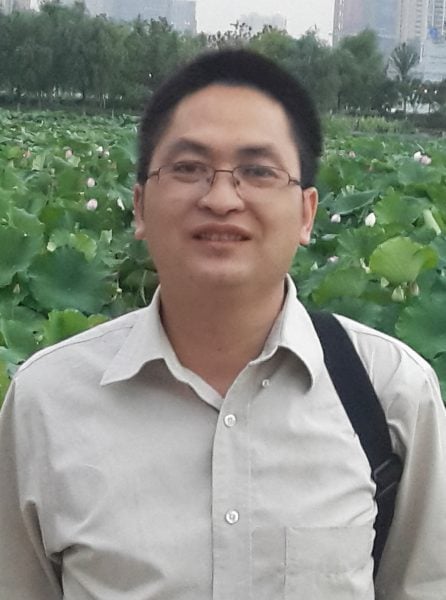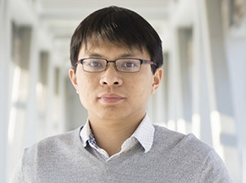
The virtual 2020 Parallel-in-Time conference, co-organized by Assistant Professor Benjamin Ong (DataS, Mathematics), took place June 8 to 12, 2020.
The conference consisted of 20 presentations, including one by Mathematics department graduate student, Nadun Dissanayake.
140 participants in more than a dozen countries registered and participated in the conference. View the conference video lectures and program information here.
The primary focus of the Parallel-in-Time Workshop was to disseminate cutting-edge research and facilitate scientific discussions on the field of parallel time integration methods.
Download the conference program booklet here.














